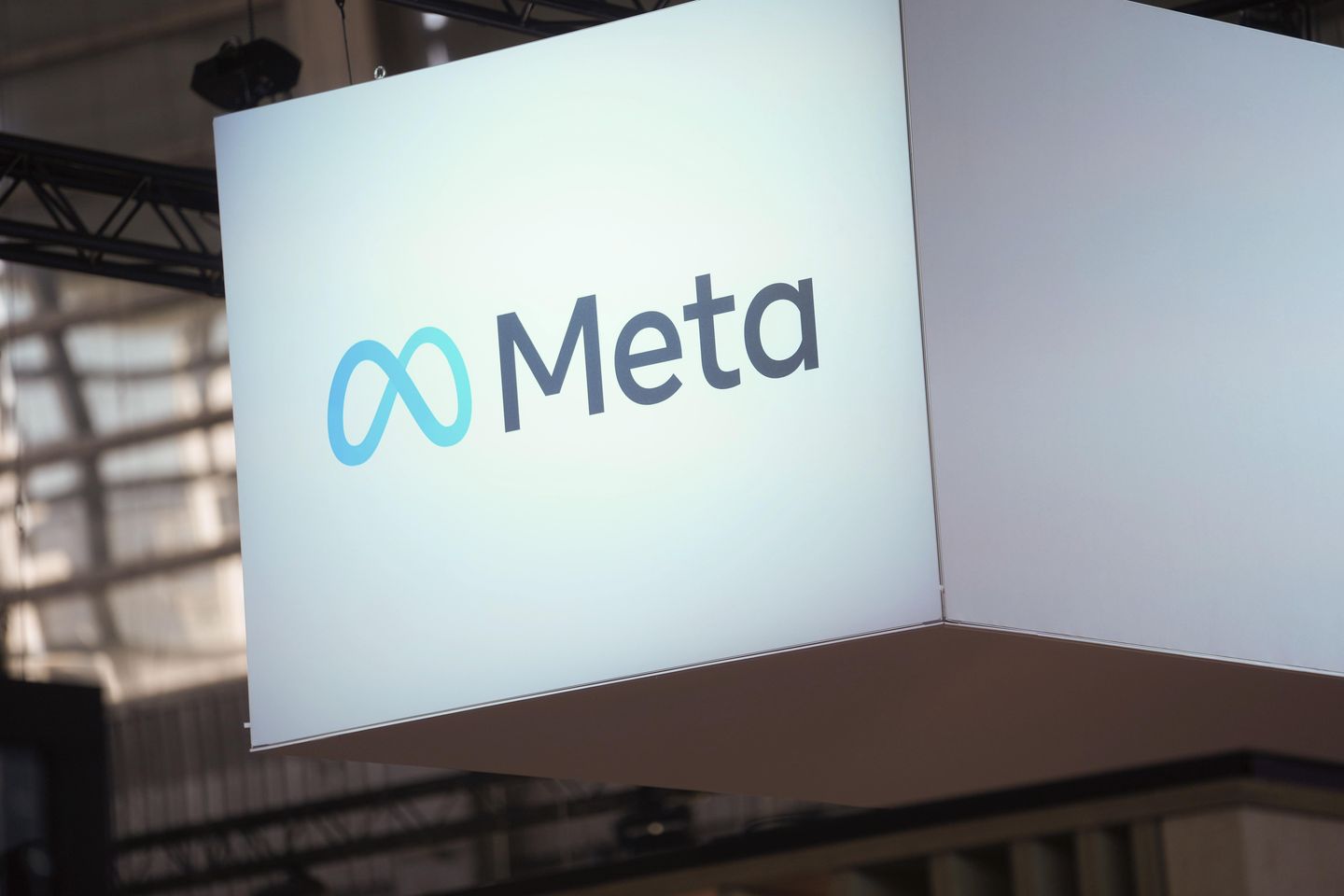
Meta CEO Mark Zuckerberg spent more than seven hours testifying in a high-stakes antitrust trial that could force his company to divest Instagram and WhatsApp.
The case, initiated by the Federal Trade Commission in 2020, alleges Meta illegally monopolized the social media market through these strategic acquisitions.
A 2018 email revealed in court showed Zuckerberg contemplated separating Instagram from Meta due to antitrust concerns, noting that “most companies actually perform better after they’ve been split up.” When questioned about this statement, Zuckerberg claimed he couldn’t recall which corporate examples he had in mind.
FTC attorney Daniel Matheson presented multiple emails where Zuckerberg described Instagram as a “rapidly growing, threatening network” and discussed “neutralizing” competitors through acquisition. One February 2012 message specifically mentioned Instagram and Path as having “created meaningful networks that could be very disruptive to us.”
Zuckerberg defended the acquisitions, arguing that his company was “excited to acquire Instagram to make a better product” and was already developing a similar camera app. He downplayed the significance of the emails, saying they represented early thinking and didn’t capture his full interest in these companies.
Meta’s defense attorney Mark Hansen emphasized that the company’s services are free and face substantial competition. Zuckerberg echoed this sentiment, testifying that the market is “very competitive” and that charging for Facebook would drive users away to readily available alternatives.
The FTC’s case hinges on a narrowly defined competitive market that excludes platforms like TikTok, YouTube, and Apple’s messaging service from being considered direct rivals to Instagram and WhatsApp.
These acquisitions transformed Meta’s business by helping it transition from desktop to mobile and maintain relevance with younger users as new competitors emerged. Facebook purchased Instagram, then an ad-free photo-sharing app, for $1 billion in 2012, and messaging platform WhatsApp for $22 billion in 2014.
U.S. District Judge James Boasberg, who denied Meta’s request for summary judgment last year, is presiding over this landmark case that represents a significant test of the FTC’s ability to challenge Big Tech dominance.
Read more: Meta CEO Zuckerberg considered spinning off Instagram in 2018 over antitrust worries, email says
This article is written with the assistance of generative artificial intelligence based solely on Washington Times original reporting and wire services. For more information, please read our AI policy or contact Ann Wog, Managing Editor for Digital, at awog@washingtontimes.com
The Washington Times AI Ethics Newsroom Committee can be reached at aispotlight@washingtontimes.com.












